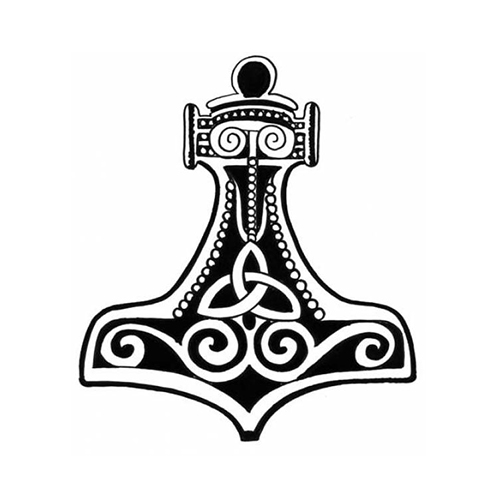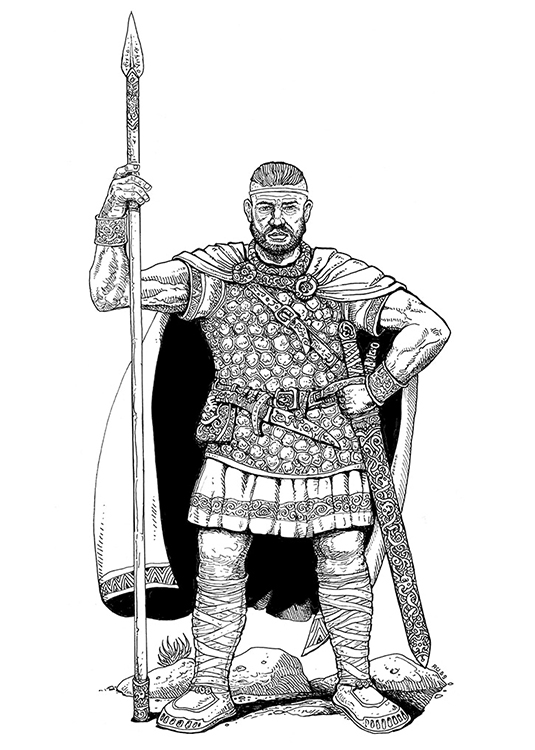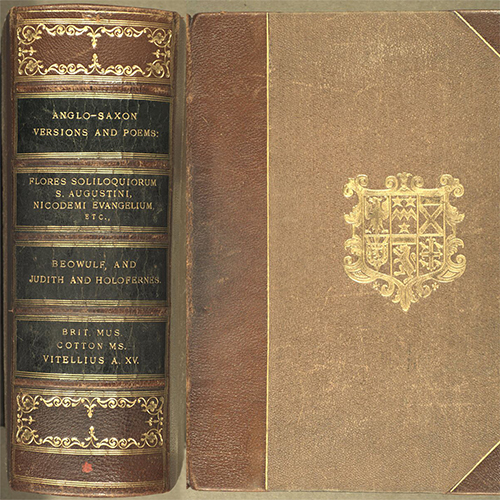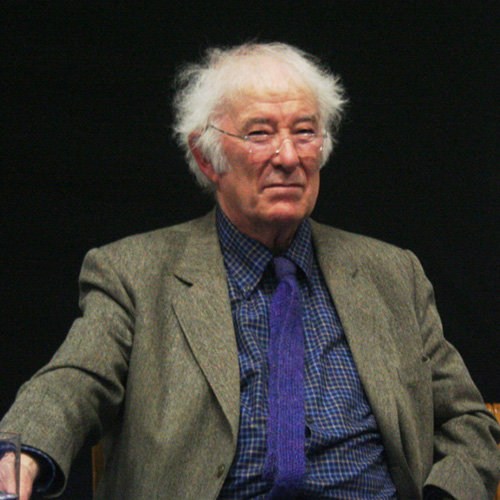About
Beowulf by Seamus Heaney is a fresh version of an Anglo-Saxon epic poem of the same name. Heaney was an Irish poet by trade.
Source: OMNIKA
Composed toward the end of the first millennium, "Beowulf" is the classic Northern epic of a hero's triumphs as a young warrior and his fated death as a defender of his people. In his new translation--a national bestseller that is the winner of the Whitbread Award--Nobel Laureate Seamus Heaney has produced a work that is both true, line by line, to the original poem and a fundamental expression of his own creative gift. (Poetry).
Source: Author or Publisher
expand_more Read more Read less
Access
External sources
Primary
Myth
Beowulf, the hero, helps the Danes by killing the man-eating monster named Grendel, and his mother. Afterwards, Beowulf returns home and becomes the king of the Geats, ruling until his heroic death over fifty years later. In his final battle, he slays a dragon. The poem ends by honoring the greatness of Beowulf.
Belief system

Norse Paganism refers to the beliefs and traditions of people from Scandinavia: Iceland, Norway, Sweden, and Denmark.
Deity

While Beowulf was not a formal deity in the Norse pantheon, he was a mythical hero who had unusual skills and abilities.
Myths cited
It looks like only the main myth was referenced in this work.
Belief systems cited
It looks like only the main belief system was referenced in this work.
Artifacts cited
Contributor
Cite this work
ChicagoHeaney, Seamus J. Beowulf: A New Verse Translation. New York, NY: W. W. Norton & Company, 2001.







